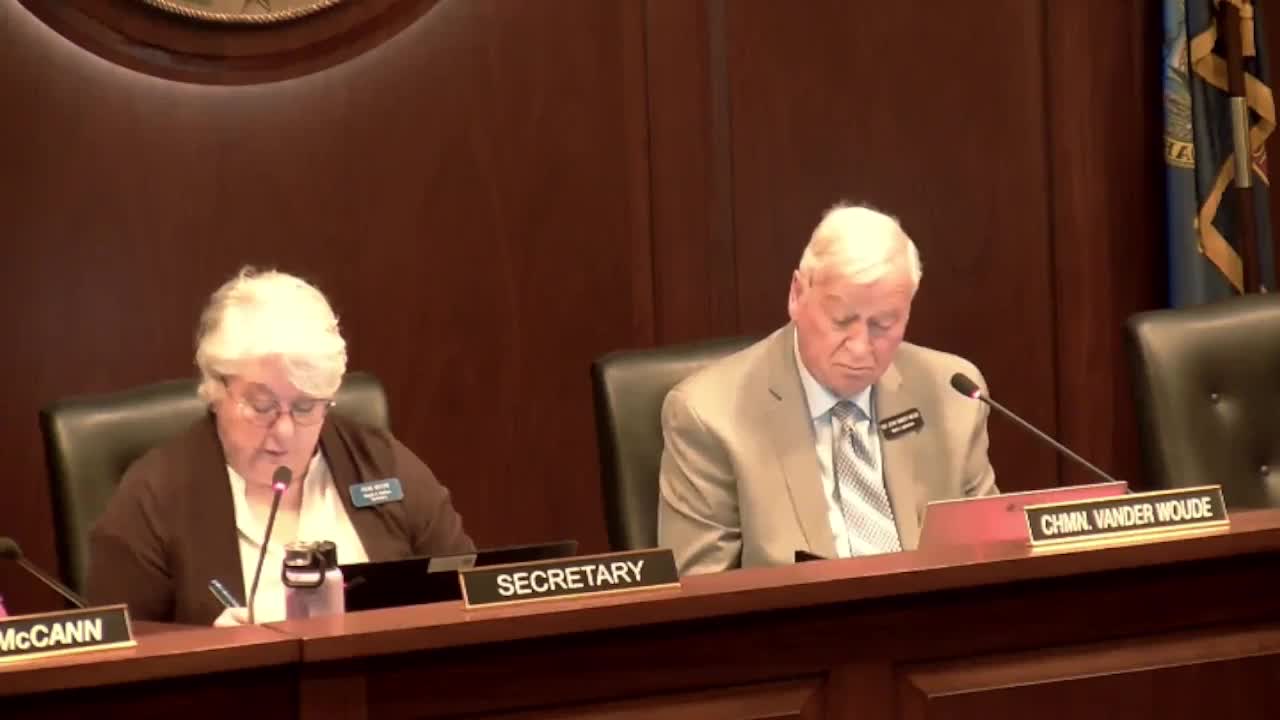Article not found
This article is no longer available. But don't worry—we've gathered other articles that discuss the same topic.
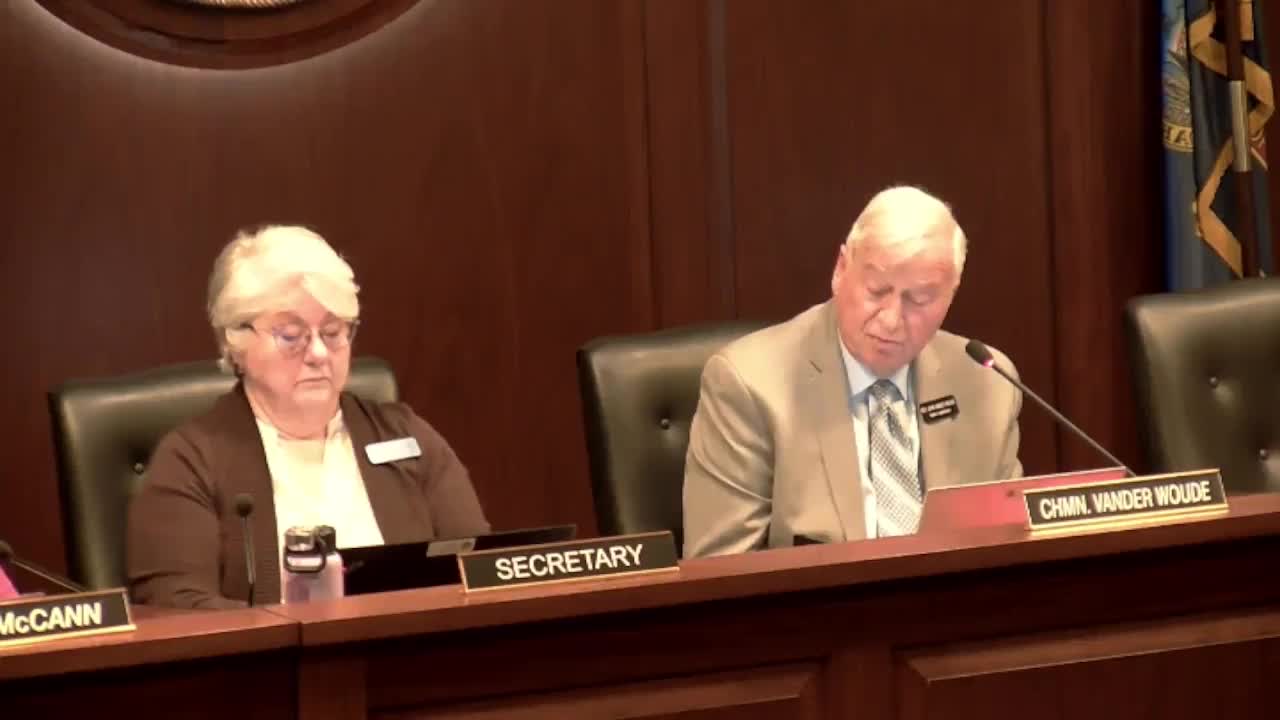
Committee advances bill to award continuing education credits to clinical preceptors
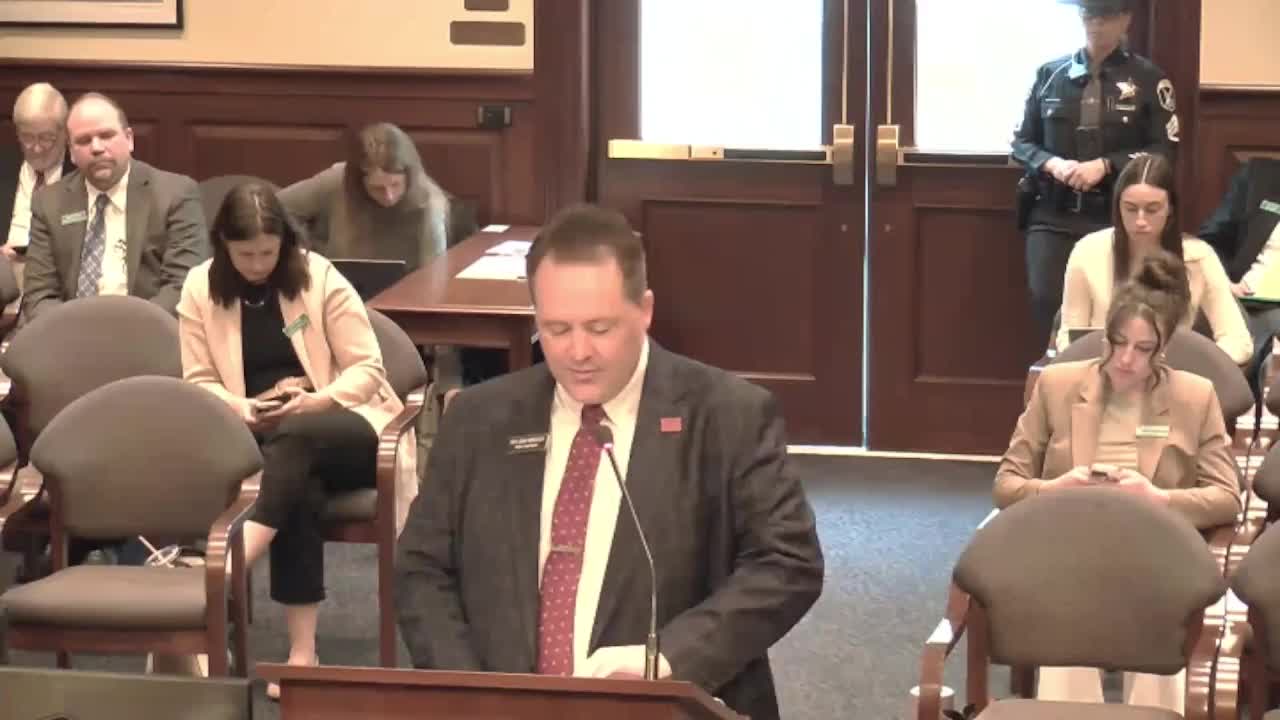
Committee advances bill to authorize video remote sign language interpreting
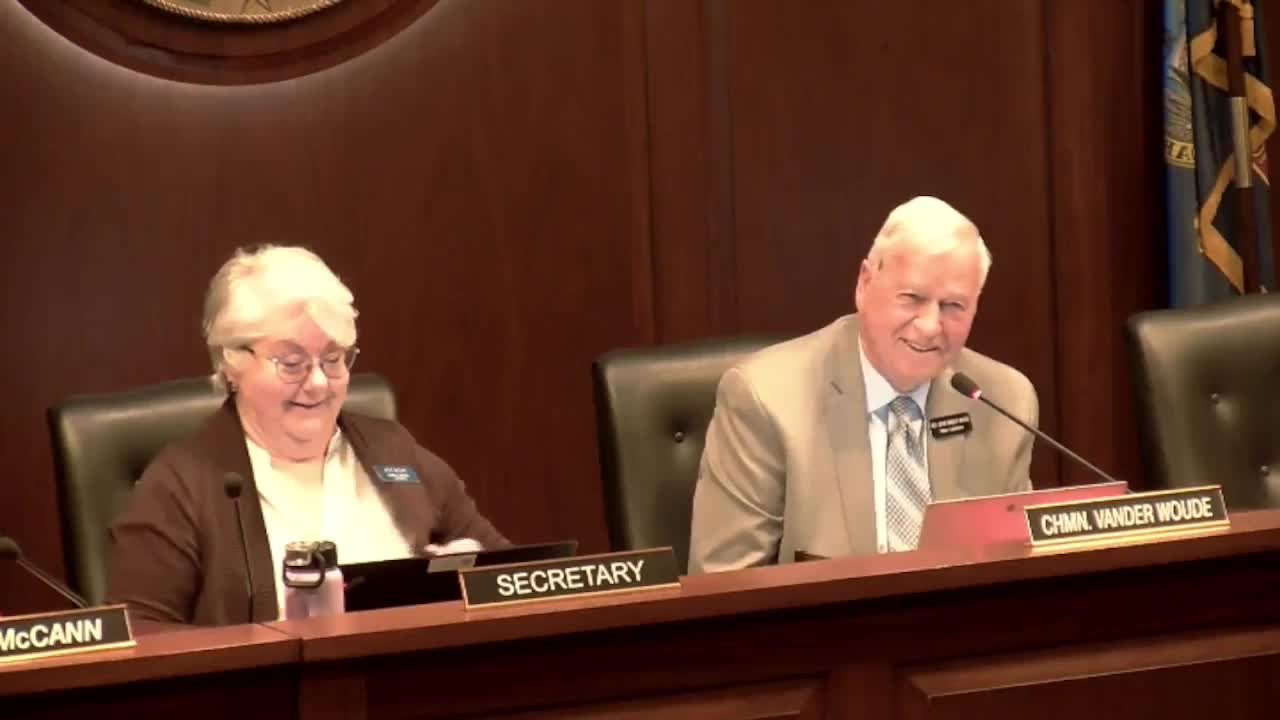
Committee sends sudden cardiac arrest awareness bill for student athletes to the floor, 8‑5
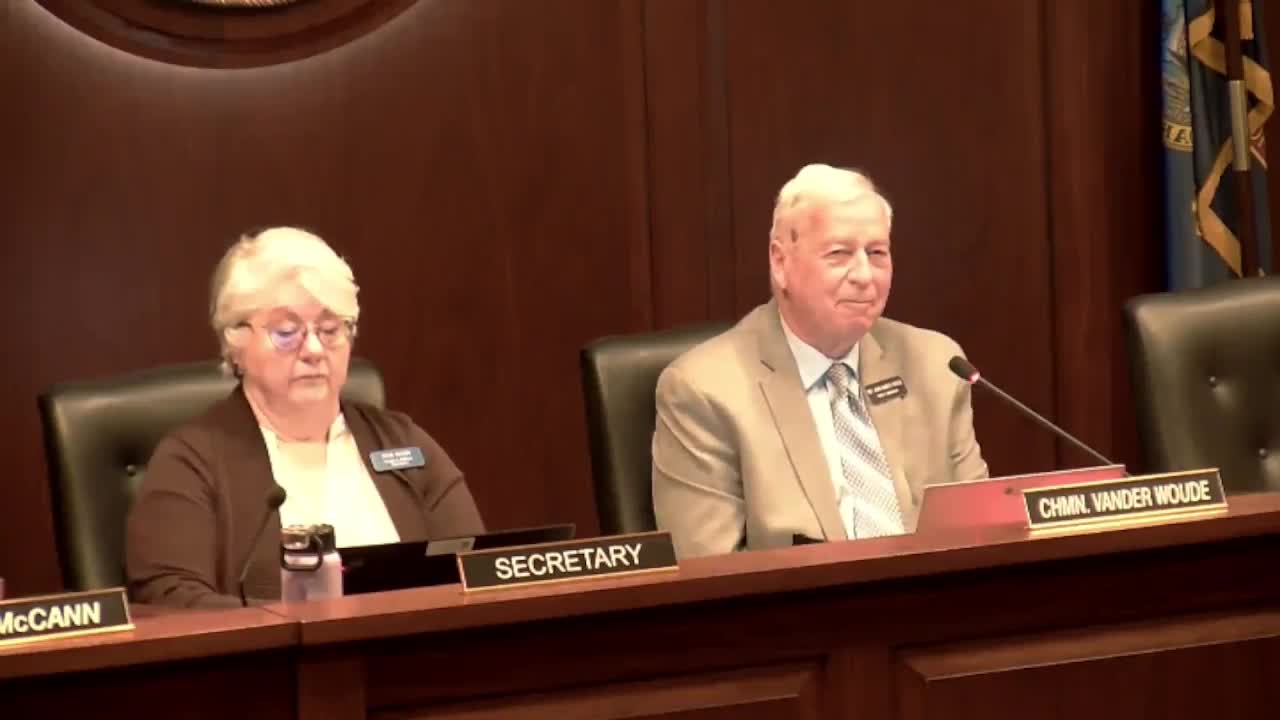
Committee introduces RS 32318 on 340B pharmacies after divided debate
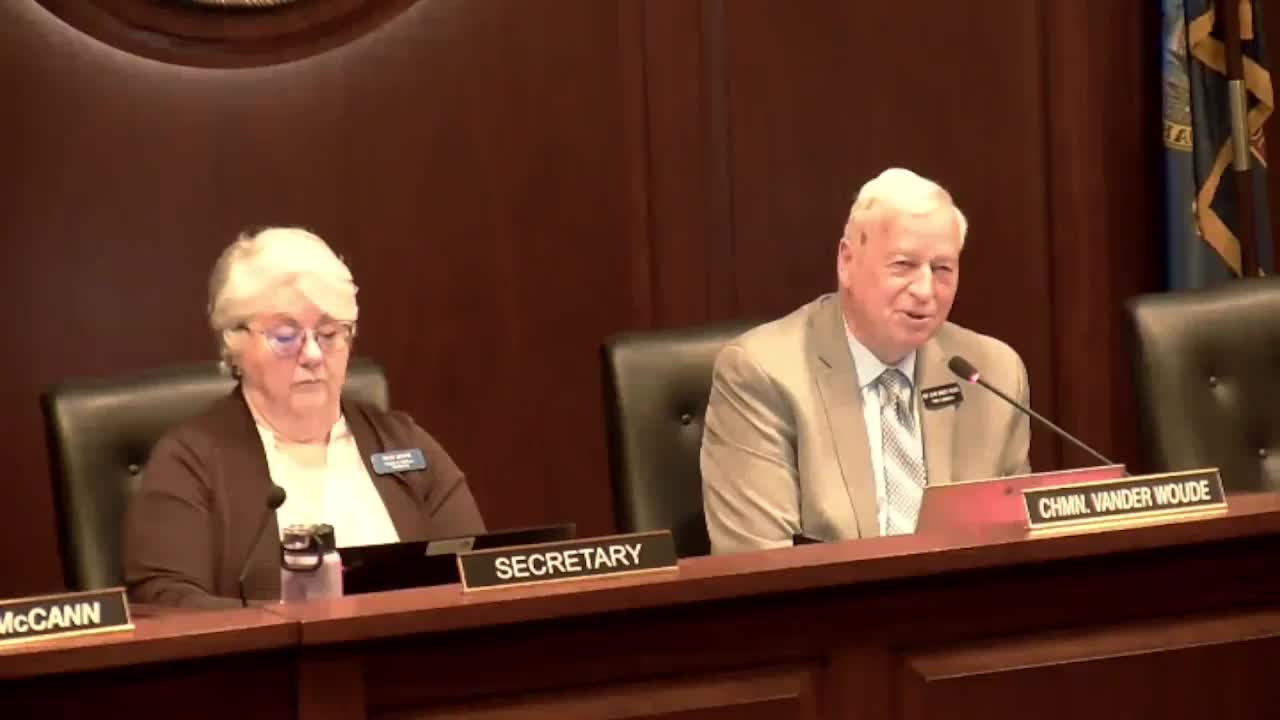
Insurance director outlines proposal for wildfire mitigation fund; RS 32507 introduced
